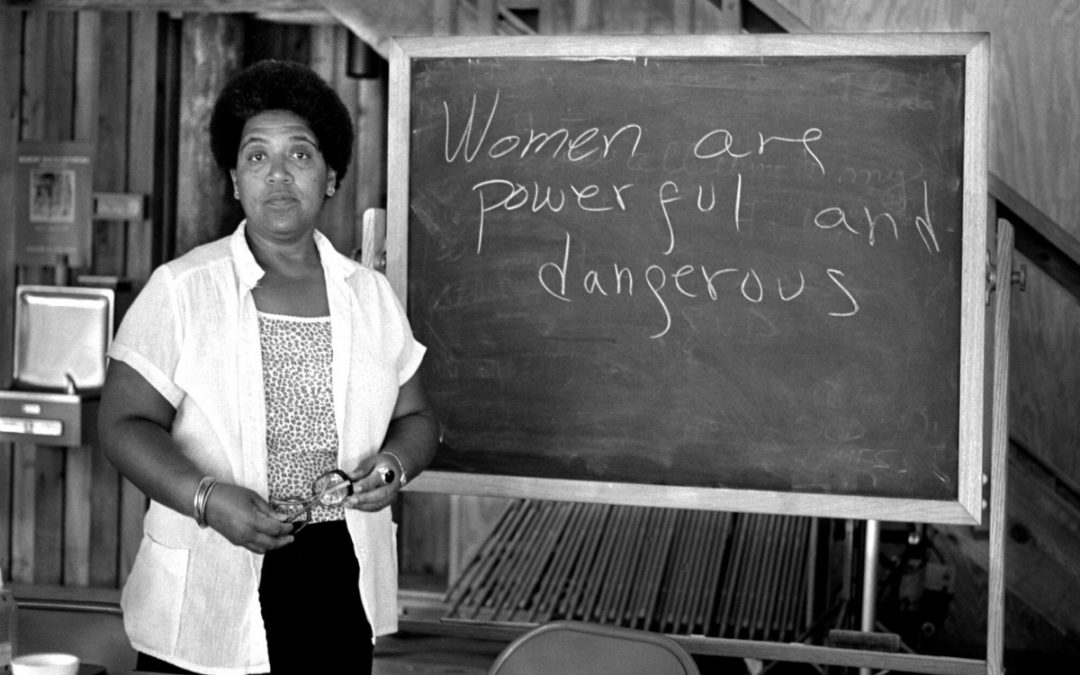Sound and Silence
Date: June 8th 2018
Venue: Goldsmiths, University of London
“I have come to believe over and over again that what is most important to me must be spoken, made verbal and shared, even at the risk of having it bruised or misunderstood.”
Audre Lorde, Your Silence Will Not Protect You
“I came to think that silence may be the only ‘place’ in which the boundaries of the autonomous self can dissolve, can be penetrated without breaking.”
Sara Maitland, A Book of Silence
Sound and silence occupy an inherently complex and paradoxical relation to meaning, as both its antithesis and its very essence. Sound figures as both Pope’s “echo to the sense” and the irrefutable noise of the Real. Silence designates absence and the impossibility thereof, as Cage famously proclaimed, “I have nothing to say and I am saying it.” How these sonic signals are interpreted and contested determines who can speak, who makes noise, who is silenced – which subjects are permitted and legitimised and which are discredited and repressed.
Anne Carson sees the dichotomy of sound as irrevocably gendered due to the patriarchal insistence toward logos, whereby male speech is valorised as the standard-bearer for rationality and female “noise” is perceived as dangerous and disruptive. For Friedrich Kittler, the advent of mechanical storage signals not just a shift in technics but the arrival of a new episteme. Since mechanical ears do not differentiate acoustic events like human ones are trained to, the meaningless and the accidental become as relevant as the deliberate and the symbolic. Psychoanalysis, then, finds its epistemology a matter of phonography, redoubling the policing of human sounds as either normative or pathological.
Harold Pinter once said, ‘I think that we communicate only too well, in our silence, in what is unsaid, and that what takes place is a continual evasion, desperate rearguard attempt to keep ourselves to ourselves.’ Culturally and politically, silence represents the interstices between thought and language, where that which is refused expression is captured in a state of iteration. Phonic expression, then, is threatening both for its capacities and its limitations.
Sound and Silence is an interdisciplinary postgraduate conference held on 8 June 2018, hosted by the Goldsmiths Literature Seminar (GLITS) at Goldsmiths, University of London, bringing together scholars across multiple fields to ask: how do we recognise, break and rebuild boundaries through phonic utterance and expression? What part does silence play in psycho- and socio-logical development and how do we attune ourselves to its cacophony of meanings?
We invite proposals from various disciplines and historical periods – papers, creative pieces, readings – covering such possible topics as:
- Sound and silence in the humanities
- Architecture
- Identity
- Race
- Soundscapes/silentscapes
- Phono-semantics
- Textual methodology
- Spoken word
- Speech: dialects/accents
- Gender
- Religious
- Speaking out and speaking back
- Acts of silencing
Please send abstracts of no more than 300 words or examples of creative work along with a brief bio to glits@gold.ac.uk by Friday 27th April.

